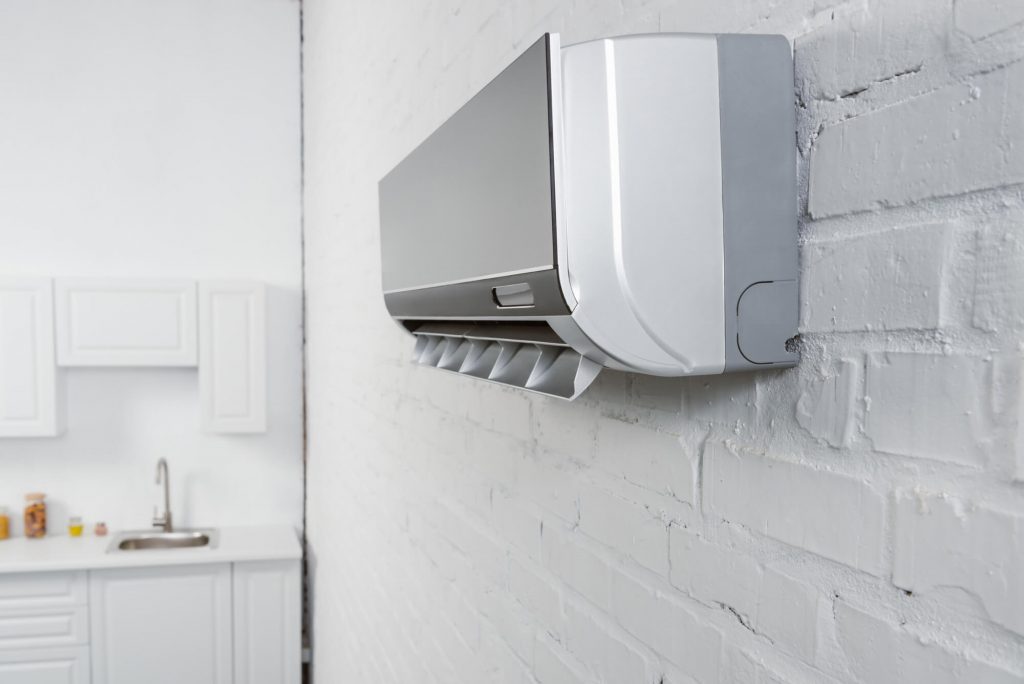
If you’re a Long Islander who’s looking to convert your home from oil to gas, you’ve come to the right place. Here at Umair Mechanicals, we specialize in oil to gas conversions. In this blog post, we’ll give you a rundown of what you can expect when you make the switch from oil to gas.
Benefits of Switching to Gas
There are a number of benefits that come with switching from oil to gas. Perhaps the most obvious benefit is that gas is much less expensive than oil. In fact, according to the New York State Energy Research and Development Authority (NYSERDA), switching from oil to gas can save the average homeowner up to $1,100 per year. Additionally, gas is a much cleaner fuel than oil. This means that converting to gas can help reduce your carbon footprint and make your home more environmentally-friendly. Finally, gas is a more reliable fuel than oil. Gas-fired heating systems tend to be more durable than oil-fired systems and require fewer repairs. Plus, if you have a natural gas line running to your home, you’ll never have to worry about running out of fuel or dealing with the hassle of having an oil delivery.
If you’re interested in making the switch from oil to gas, the first step is to call us at Umair Mechanicals. We’ll send one of our qualified technicians out to your home to assess whether or not a conversion is possible. Once we determine that a conversion can be done, we’ll provide you with a detailed estimate of the cost and timeline for the project.
Making the switch from oil to gas is a great way to save money and make your home more environmentally-friendly. Plus, gas-fired heating systems are more reliable and require less maintenance than oil-fired systems. If you’re interested in converting your home, give us a call at Umair Mechanicals today! We’ll be happy to answer any questions you have and provide you with a free estimate for the project.
A system that is too large will cool or heat your house quickly, but you may not feel comfortable. On the other hand, a system that is too small just wont get the job done, especially in extreme weather conditions. But a correctly sized system isn’t just based on the size of the structure. Many factors go into determining the size of the system. Including type of house and walls, type and size of windows, insulation, basement and attic conditions, house orientation, and so on.
Heating and Air Conditioning equipment, no matter what kind you have, should be inspected, cleaned, and serviced at least once a year. The best scenario is to have the heating system checked in the Fall and the air conditioning checked in the Spring. Oil-fired equipment should definitely be cleaned and serviced annually; at the beginning of each heating season.
